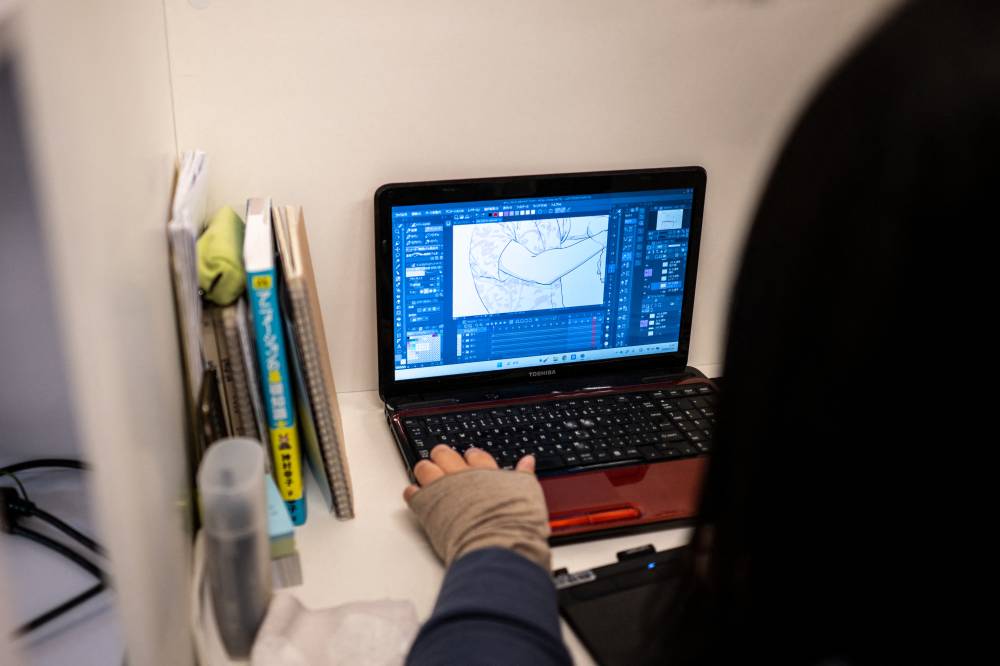Gen Zs at work: What makes them stay, and stay fulfilled

Employers must foster a fulfilling work environment and offer long-term financial security if they want to keep Gen Z employees.
These were among the findings of the seminal study, “Motivating Filipino Generation Z Employees at Work: Enablers and Outcomes,” by Ateneo de Manila University (ADMU) researchers published last month.
Gen Z, or those born between 1995 and 2012, tend to look for meaningful and fulfilling work environments but also willingly forgo creature comforts in favor of long-term financial stability, the study found.
Those in this generation are now between 12 and 29 years old, or are either young students or young professionals and are the youngest employee cohort that recently joined the workforce.
The Ateneo researchers found that obtaining new skills and financial security were the top reasons for Gen Z to stay motivated in the workplace, in addition to career growth.
“This focus is reflected in their desire for rapid advancement and fulfillment in their roles,” they said.
They added that companies relying solely on traditional job security and loyalty strategies might find themselves less effective in engaging and retaining Gen Zs. This is because workers from this generation must have their values and passion aligned, and that their jobs allow them to create “a positive impact on others and on society at large.”
“This is partly driven by their experience of growing up in a digitally connected world, where social issues and values-driven missions are increasingly visible and influential,” the study said.
Gen Z vs Millennials
This is something that Millennials, born between 1980 and 1994, share with the younger generation. “Millennials, who came of age just as the digital world was emerging, also share some of this values-driven focus and likewise seek out work environments that foster a sense of community and purpose,” the study said.
But while Gen Z and Millennials are both technologically savvy and open to flexible work arrangements, the former prefers hybrid or flexible remote work as they value autonomy and balance. In contrast, the study found that Millennials, who largely came of age during the rapid expansion of digital workplaces, are more accustomed to structured team-based settings and in-person collaboration.
“Compared to Millennials, who put more value on interesting work and collegial work environments, Gen Zs tend to focus on securing their future through savings and investments,” the researchers said.
In comparison, Gen X, or those born between 1961 and 1979, tend to focus on job security over promotions, which means they are less likely to hop onto another job for career advancement.
Baby Boomers, born between 1946 and 1964, were also found to have a strong sense of organizational loyalty and are likely to stay with one employer for extended periods. They are also less driven by the desire to pursue rapid career advancement.
Family ties
Like most Filipinos, Gen Zs seek competitive salaries and benefits when looking for a job out of their desire to support their families.
“Family is a significant motivator for their work, as they strive to provide a good life for their loved ones. Some participants (of the study) who are the eldest child also reported feeling a greater sense of responsibility to provide for their family,” the researchers said.
“Financial security is one of Gen Zs motivating factors, as they view work as an avenue for them to earn and save money for their future,” they added.
The Ateneo study used a sequential mixed-methods approach, starting with 40 qualitative interviews to determine the work motivation factors of Gen Z workers. The findings from the qualitative study were then validated through an online survey that gathered data from 132 Gen Z employees.
The quantitative study tested a model that relates factors that contribute to the motivation of Gen Z and positive employee outcomes: affective commitment, job satisfaction and work engagement.
The study was conducted by Mikee Talamayan, Dr. Mendiola Teng-Calleja and Dr. Jaimee Felice Caringal-Go of ADMU’s Department of Psychology and the Ateneo Center for Organization Research and Development.
















